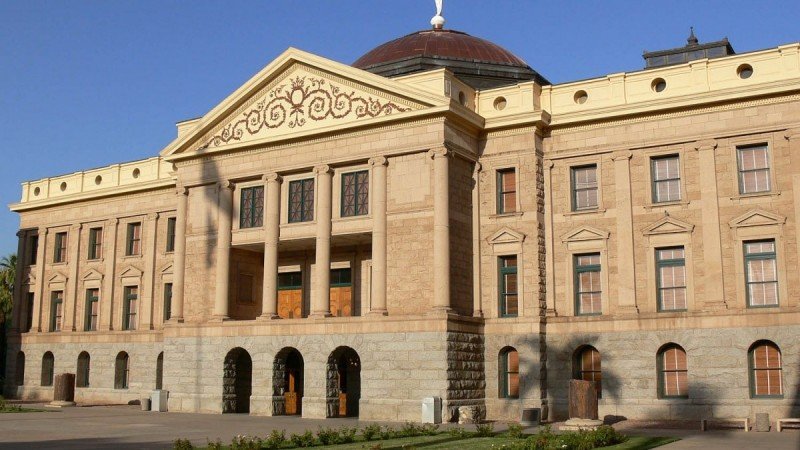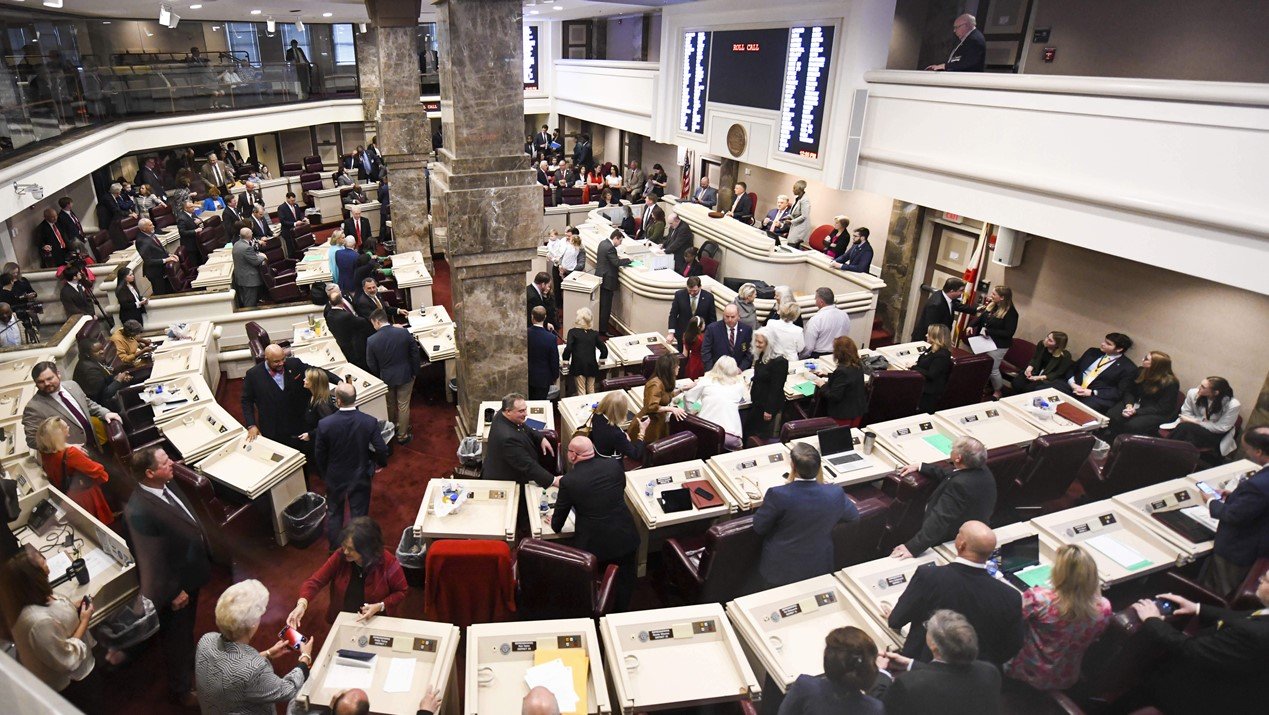Arizona's House sports betting bill more promising than Senate's proposal

Arizona's sports wagering legislation is now moving through both the House and the Senate as two separate bills, each with similar strings attached.
The new legislation would clear the hurdles set by the Arizona Tribal-State Gaming Compacts in 2002, which set the rules for tribes to operate casinos but with no opportunities for sports betting, on or off of tribal land. HB 2772 and SB 1797 would allow both event wagering and online sports betting, with up to 10 tribes and 10 professional teams licensed to provide online betting platforms. There are 16 tribes in Arizona operating casinos. And there are eight professional teams, including NFL, MLB, NHL, and NBA franchises.
Sports betting has wide support among the public as well as from Republicans and Democrats at the Arizona Legislature, and from Gov. Doug Ducey, who has won support from tribes for sports betting this year by agreeing to allow tribes to expand their casinos and gambling offerings in exchange for their support of identical sports betting bills introduced in both chambers of the Legislature.
Despite widespread support, Senate Bill 1797 has encountered a roadblock. In the Senate, a lawmaker has tied the bill to expanded gambling at horse tracks. It was held in the Senate Appropriations Committee, chaired by Sen. David Gowan, R-Sierra Vista. Gowan then took the bill allowing sports betting, and added it to a bill that allows expanded gambling at horse tracks, which tribes oppose.
Senate Bill 1794 would allow "historic horse racing," where gamblers wager on previously run horse races on slot-machine like terminals. The races don't need to be rerun since they already took place. That makes the pace of betting faster and the house takes a cut of the overall betting pool.
Expanding gambling at horse tracks does not have broad support like sports betting, and the bill is unlikely to become law, because Democrats will vote against it, tribes oppose it, and the governor is not likely to sign any bill that sinks his negotiations on the tribal gaming compacts. It passed the Senate Appropriations Committee on a 5-4 vote, with Democrats opposed, on Feb. 23. Sen. Kelly Townsend, R-Mesa, approved the bill but said she "very likely" will not vote to pass it on the Senate floor, saying she opposes all gambling expansions.
Democrats on the committee questioned whether allowing historic horse racing would trigger a "poison pill" in tribal gaming compacts, meaning if off reservation gambling expands without the tribes' consent then the tribes can expand their operations outside of the state compacts.
Arizona's tribes have gaming compacts with the state that expire over the next few years. The governor is renegotiating those to amend and extend them for 20 years. The last update was approved by voters in 2002 with Proposition 202, which established a framework for state gambling.
If SB 1797 is passed as an amendment on March 10, then it will move through another committee for an additional vote. If passed, it will go before the Senate for a vote and then move to the House for confirmation.
The same goes for HB 2772, which has been moving more quickly through the Arizona House of Representatives. As of now, the original bill hasn’t been altered. If it’s approved by the House, then the Senate would have to vote on it as well.
The earliest that one of these bills could go into effect is 2022.
















































